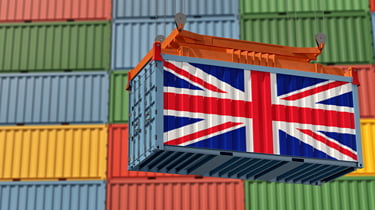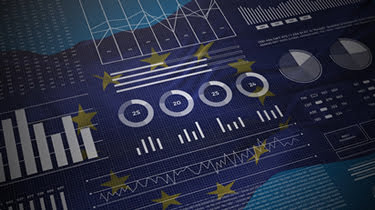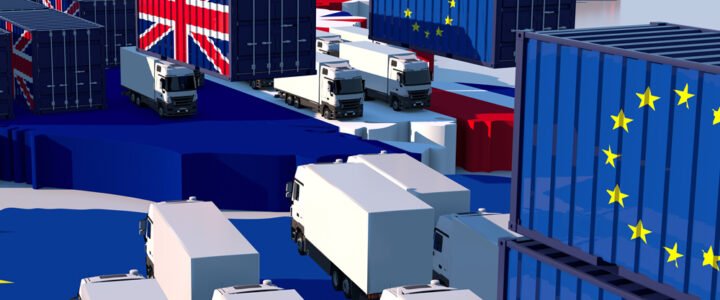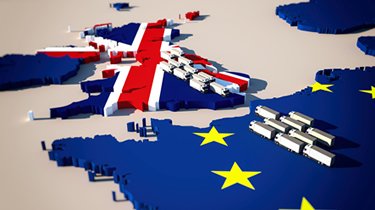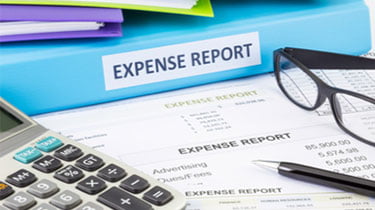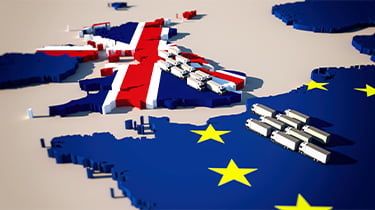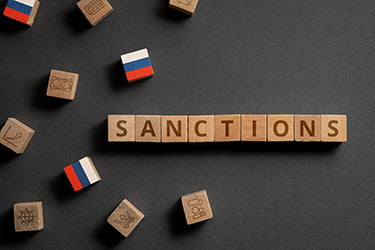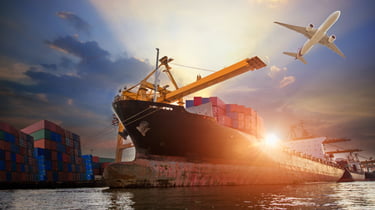British leadership in prestigious European research projects have been hit by the continuing row over the Northern Ireland Protocol and trade border with the UK.
As a result, the EU is preventing British scientists from joining the €95 billion (£80 billion) Horizon Europe research funding programme.
The UK bid to join the group as an associate member has been delayed because of the continuing post-Brexit dispute.
What is Horizon Europe?
The European Commission now says UK scientists cannot hold leadership roles because the UK’s membership of the flagship Horizon Europe (HE) funding network has not been ratified.
Horizon Europe is the EU’s key funding programme for research and innovation, with a budget of €95.5 billion.
It tackles climate change, helps to achieve the UN’s Sustainable Development Goals and boosts the EU’s competitiveness and growth.
Leadership of Gaia project lost
According to The Guardian newspaper, this has resulted in a Cambridge University scientist losing his coordinating position in the European Space Agency’s Gaia mission, which maps the nearly two billion stars in the Milky Way.
Astrophysicist Nicholas Walton has been forced to hand over his leadership role on the scheme because of the continuing row over Northern Ireland’s Brexit arrangements.
Dr Walton, a research fellow at the Institute of Astronomy, was the lead in a €2.8 million pan-European Marie Curie Network research project but must now take a back seat.
He is just one of a handful of British physicists approved for a grant from Horizon Europe.
Option of moving to the EU
The newspaper also reported that Carsten Welsch, a physicist at Liverpool University, must either move to the EU or hand over leadership of his research programme to an EU institution.
Dr Walton’s coordinating role came with the opportunity to be part of the European project researching the €1 billion successor to Gaia, Esa’s Voyage 2050 programme.
The business secretary Kwasi Karteng is reportedly reviewing the UK’s membership of Horizon Europe following the EU’s refusal to ratify the deal in December 2020.
For help and advice with Brexit related matters, please get in touch with our expert team today.









